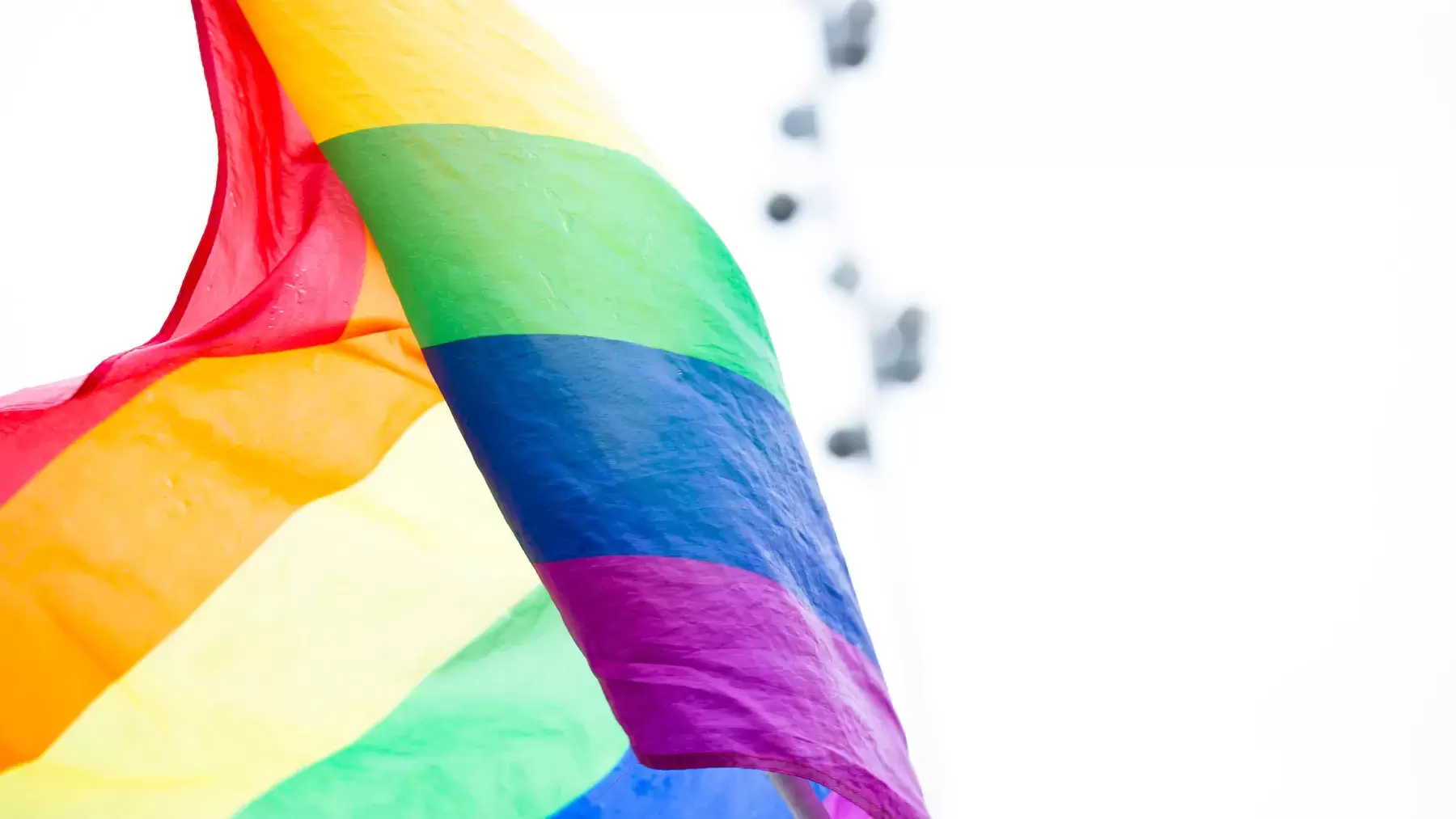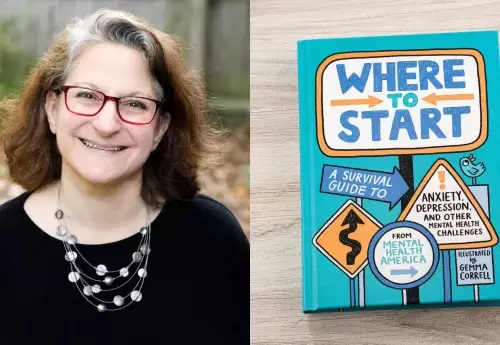
National Coming Out Day, marked each year on Oct. 11, can be a day of declaration, celebration, or exploration for queer individuals. Coming out is a deeply personal experience loaded with many feelings attached to individuals wanting to share their gender or sexual identity with others. It is a nuanced event since it doesn't just happen once in a queer person's life but can occur multiple times or even daily.
Angel Zhong, Zoe Stoller, Theo Schwartz, and Alex Guerra joined me recently to talk about their unique experiences coming out. After an hour together, I left with a new perspective on what it can be like to be queer and feel like you must come out. Here are four takeaways that might be useful to other allies or those thinking about coming out.
1. Being authentically you can be the best thing for your mental health.
While coming out can be scary, it can also be so rewarding. Feeling like you have to hide parts of who you are is downright exhausting. To better understand yourself, take the time for self-exploration and practice self-compassion. Having peace with your identity and living true to yourself can be one of the most beneficial things for your mental health.
2. Coming out has to feel comfortable for you.
There's a lot of pressure when thinking about coming out for the first time. Take the time to remind yourself there's no right or wrong way to share who you are. You can choose when, how, and who you come out to. When you feel comfortable enough to come out, do it in a way that feels right. Zoe shared that they felt too much pressure and social anxiety to come out in person, so they texted those who were important to them. Whether it's an Instagram post on National Coming Out Day like Theo, a public poem read at a National Coming Out Day event like Angel, or over time through personal conversations like Alex, the choice is up to you.
3. It's never too late to be yourself.
There is no correct timeline for coming out. At any point you can question yourself, discover yourself, try therapy, work on your mental health, and find what it means to live authentically to you. Whether you are 18 or 50, you can start living your life for you. It is never too late to say today's the day.
4. There is a community out there for you.
Community is an essential part of feeling supported in your identity. One of the best support systems for someone worried about coming out is the queer community itself. Allies are important, but there's something to be said for support from someone who has gone through what you have and knows what you're experiencing. If you don't have a queer community you can connect with near you, or safely, there are ways to connect online through social media, the influencers you follow, and support groups or forums. Find more resources in our LGBTQ+ hub.
Coming out is about embracing your true self, expressing it in safe and comfortable ways, and finding the support you need. There is never one right way to come out; you get to decide what that looks like. Living authentically can be a beautiful thing for your mental health. Embrace it and celebrate it, because the world needs you just as you are.
Listen to our entire conversation, Living Authentically Me: Coming out LGBTQ+ here and learn more about our partner, Depression Looks Like Me.
Jackie Zimmermann is the manager of public education partnerships and e-learning at Mental Health America.




